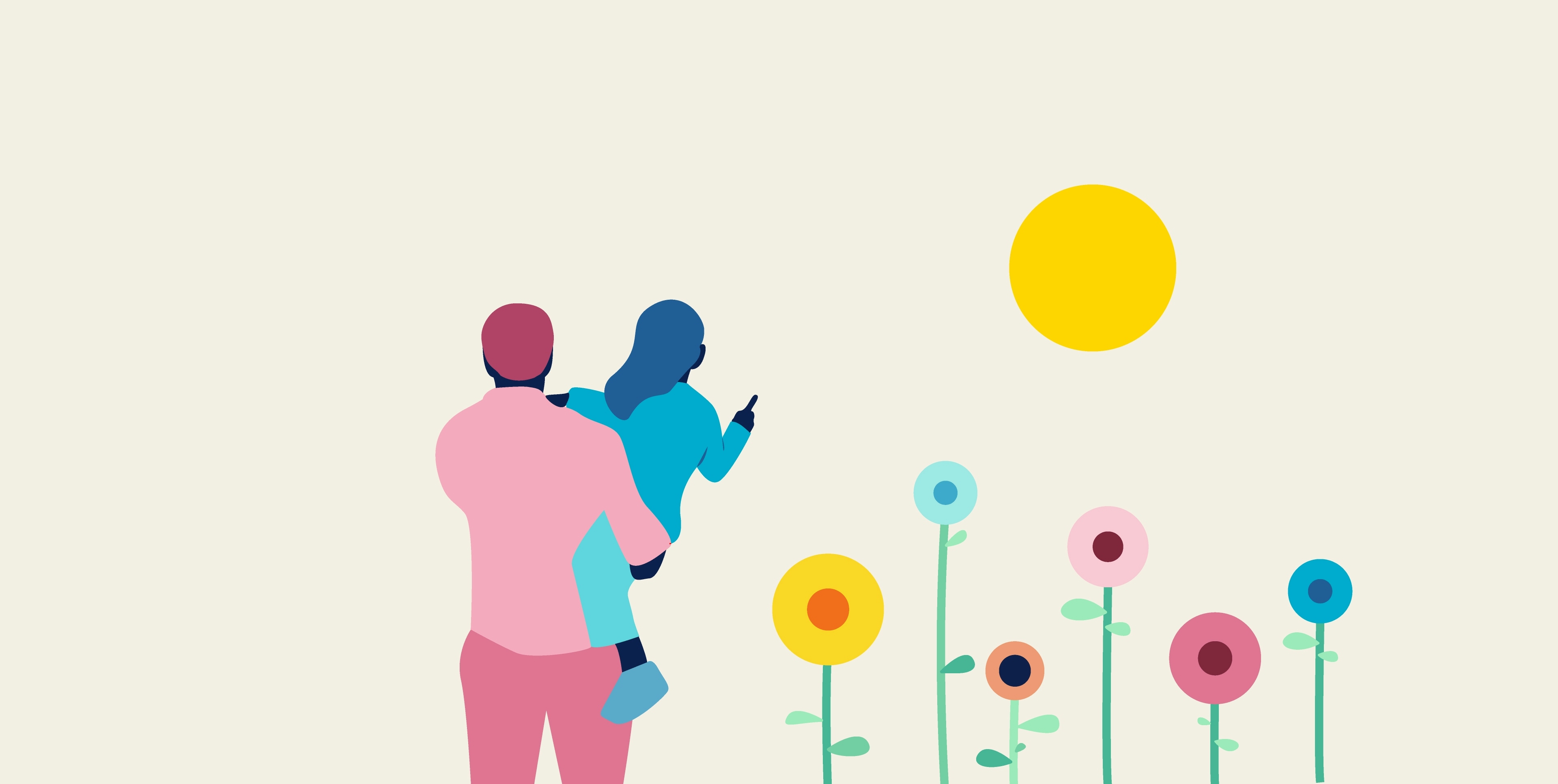Helsedirektoratet
Holistic public services for severely ill children
Experimentation as a method to tackle a wicked problem

Alvorlig Sykt Barn – barn og unge med behov for sammensatte tjenester (Severely ill child – children and adolescents with a need for complex services) is one of seven life events defined in the national Norwegian digitalisation strategy, where the development of seamless services is prioritised. The Norwegian Directorate of Health is coordinating the development of holistic and seamless public services for children with complex needs and their families. We have helped them identify why challenges occur, the relation between them and explored new ways of working to find solutions.